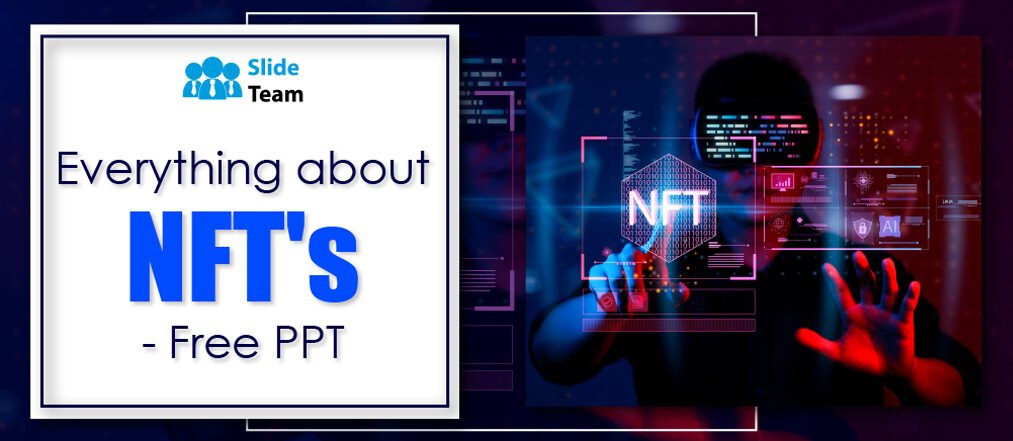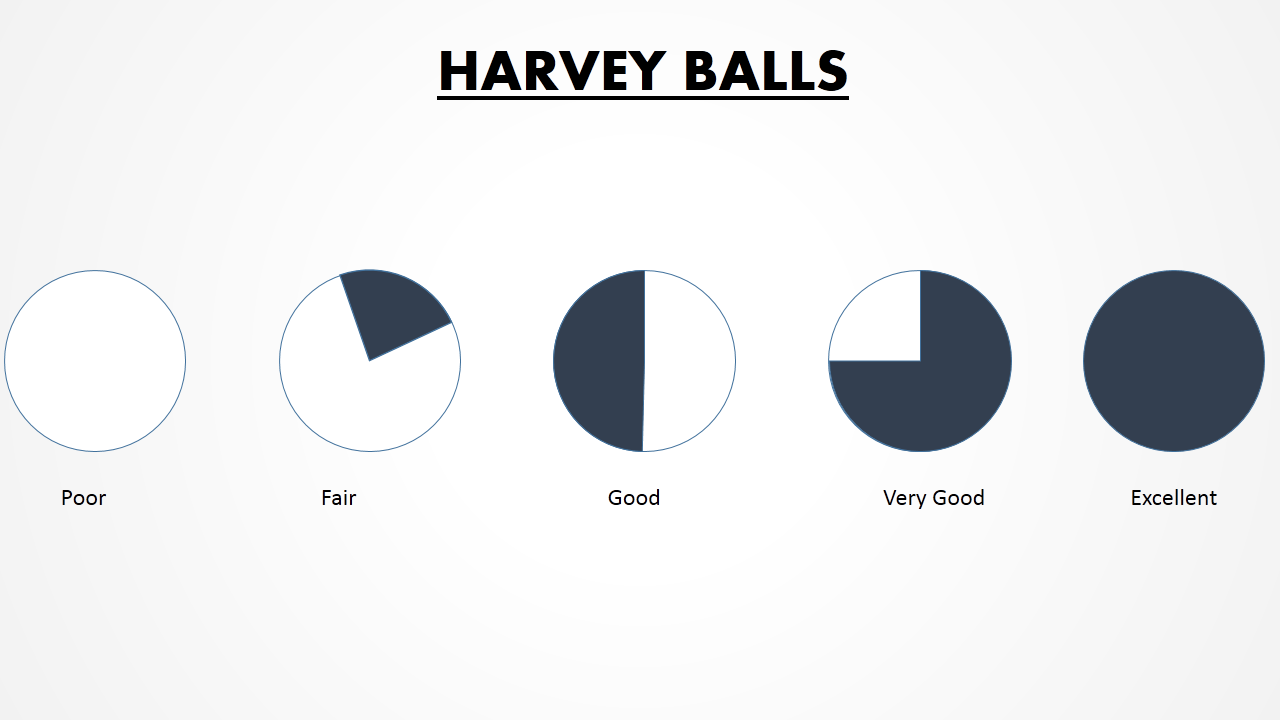Non-fungible tokens NFT's have burst onto the scene with tremendous force. From art and music to unconventional items like tacos and toilet paper, these digital assets are being traded at prices reminiscent of the 17th-century Dutch tulip frenzy—some fetching millions of dollars.
Yet, the question remains: do NFTs justify substantial investments and the surrounding buzz?
https://giphy.com/clips/anidom-the-simpsons-game-done-changed-season-34-ep-10-OAVgXFrcSDcfXNwTLq
What are NFT?
A Non-Fungible Token (NFT) is a digital asset tokenized using blockchain technology. Each NFT is uniquely identified through specific codes and metadata, setting them apart from other tokens.
NFTs can be bought, sold, or exchanged for various forms of value, such as money, cryptocurrencies, or other NFTs. The worth of an NFT is determined by both the market demand and the perceived value assigned by its owners. For instance, some could value an NFT representing a banana image at millions, while others might consider it of little worth.
In contrast to cryptocurrencies, which are tokenized assets, the crucial distinction lies in fungibility. Cryptocurrencies within the identical blockchain are interchangeable, while NFTs are not, even if they appear similar. They possess unique attributes that differentiate them from one another.
How does it Works?
NFTs come into existence through a procedure known as "minting," during which the particulars of the NFT are logged onto a blockchain. In broad strokes, this process involves the creation of a new block, validating NFT information by a validator, and closing the block. Often, smart contracts are employed in this minting process to establish ownership and govern the NFT's transferability.
As tokens undergo minting, they are endowed with an exclusive identification directly linked to a specific blockchain address. An individual possesses every token, and the ownership details (specifically, the address where the minted token is held) are publicly accessible. Even in a scenario where 5,000 NFTs representing the same item are minted (similar to general admission tickets for a movie), each token maintains a distinct identifier, setting it apart from the others.
How can I Buy NFTs?
To acquire NFTs, the initial step typically involves owning a quantity of ether (ETH) cryptocurrency and securely storing it in a digital wallet. Subsequently, you can buy NFTs through various online marketplaces dedicated to NFT transactions, such as OpenSea, Rarible, and SuperRare.
Are NFTs Safe?
Much like cryptocurrency, non-fungible tokens NFT's rely on blockchain technology and are generally considered highly secure and resistant to hacking. However, the vulnerability lies in safeguarding your NFT's access keys. The software responsible for storing these keys can be compromised, and the devices holding these keys may be subject to loss or damage. Therefore, the fundamental blockchain principle, "not your keys, not your coin," is equally relevant to NFTs as cryptocurrency. In essence, NFTs remain secure if your access keys are appropriately protected.
Bottom Line
Non-fungible tokens (NFTs) are like a newer version of cryptocurrencies. In today's financial systems, there are complex ways of trading and lending various things, like houses, loans, and artwork. NFTs take a giant leap in this transformation by allowing digital versions. They're helping to make this system even more modern and efficient. SlideTeam has prepared editable and customized PPT on the same for hassle-free work. Download it now!
FAQ
FAQ 1: What is an NFT?
An NFT, or Non-Fungible Token, is a unique digital asset that represents ownership of a specific item or piece of content, like artwork, music, videos, or collectibles. Unlike cryptocurrencies like Bitcoin or Ethereum, which are interchangeable, NFTs are distinct and cannot be exchanged on a one-to-one basis.
FAQ 2: How do NFTs work?
NFTs operate on blockchain technology, which is a decentralized digital ledger. Each NFT is assigned a unique code that verifies its authenticity and ownership. This code is stored on the blockchain, making it tamper-proof and secure. When you own an NFT, you have proof of ownership for the associated digital item.
FAQ 3: Why are NFTs valuable?
NFTs have value because they represent ownership of one-of-a-kind digital content. This uniqueness and verifiable ownership make them desirable to collectors, artists, and fans. Additionally, NFTs have opened up new opportunities for artists to monetize their digital creations and for collectors to own exclusive digital assets.
Access to Free PPT NFT





 Customer Reviews
Customer Reviews




















